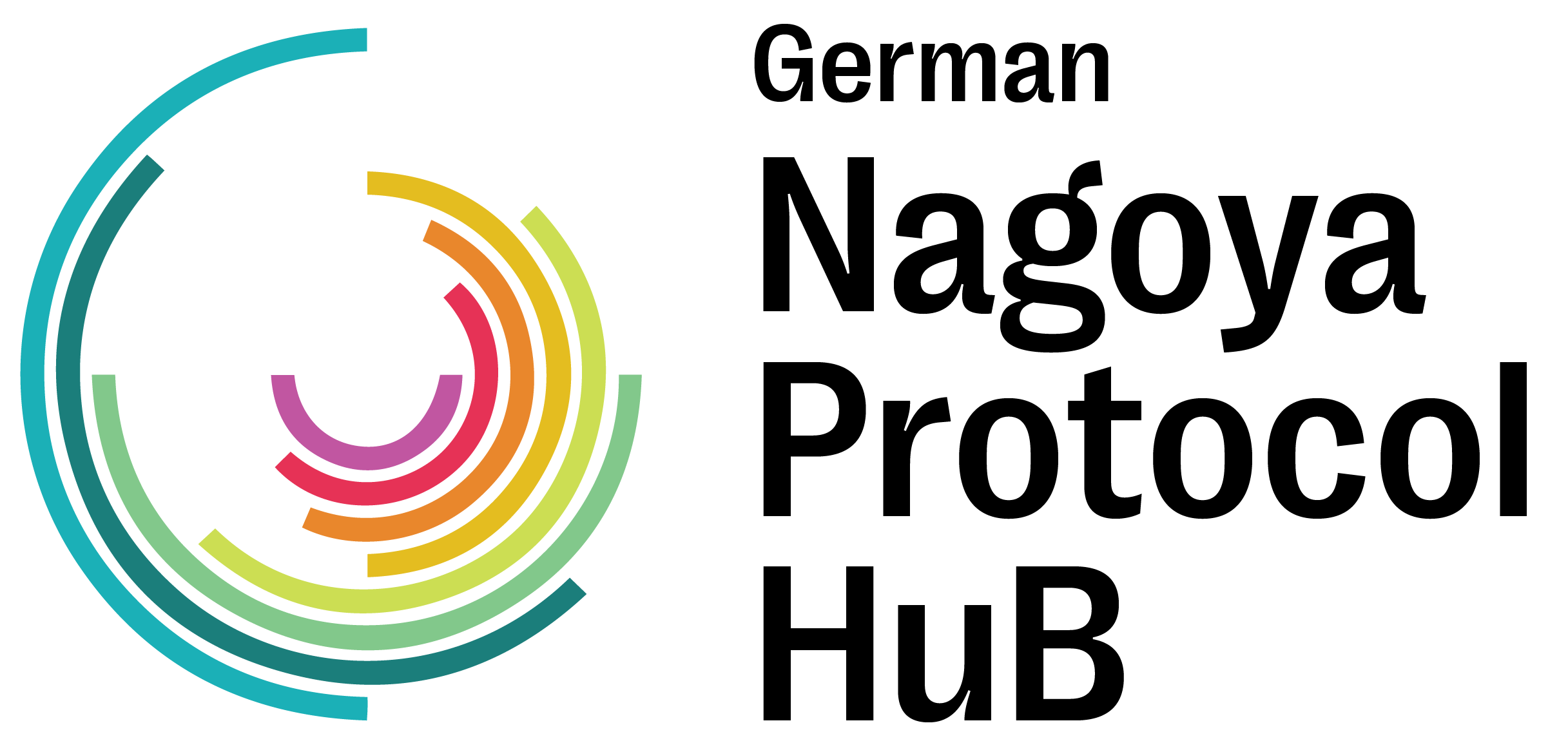ABS stories
Learning from experience: France
Institution: A research institute in Germany investigating evolutionary biology
Biological material: marine invertebrate
Research field: Evolution, genetics, molecular biology
Research: Basic, non-commercial
Collection: Whole specimens were collected in the field by scientists from the research institute
Collaboration partner: Marine Biological Station in France
Funding: European Research Council Starting Grant

Photo by John on Pexels
ABS Process
Time needed for first response from the National Focal Point: Approximately 6 weeks
Amount of time invested full time in the process: Several days
Time needed until all ABS documents were obtained: 3 months
ABS documents obtained: Prior Informed Consent, a benefit-sharing agreement and an ABS permit.
The application for an ABS permit was lodged retroactively because the samples were collected around the time the Nagoya Protocol came into effect and the institute was not aware of its obligations.
Before starting with the ABS process, the scientists involved obtained advice from the administration department of their institute.
The first step in the process was to contact the French National Focal Point. It took about 6 weeks for this person to respond to the initial enquiry, but this length of time was probably due to the French summer vacation (the enquiry was sent in July). After the initial response, the communication with the national focal point was quick and uncomplicated.
The application involved filling out a “declaration form” (Déclaration pour l’accès aux ressources génétiques d’espèces animales non domestiques ou végétales non cultivées, et le partage des avantages découlant de leur utilisation). This form includes questions about the purpose of the research, the place of collection, the type of genetic resource, questions about benefit-sharing as well as general information about the institution (research location). These forms are in French but could be filled out in English.
The acknowledgment of receipt, which proves that prior informed consent (PIC) was granted and mutually agreed terms (MAT) on benefit sharing were established, was signed by a director of the French Ministry of Ecological Transition and Solidarity three months after the declaration was lodged.
The procedure for non-commercial utilisation of genetic resources is described in English in the ABS Clearing House. The French Ministry has also made information about ABS in France and courtesy copies of the relevant law and regulation available in English.

Photo by Roberto Nickson on Pexels

Photo by Annie Spratt on Unsplash
Benefit-sharing
The parties to the benefit-sharing agreement are the research institute in Germany and the government of France.
The research institute did not require any legal assistance for the purpose of entering into this contract.
What are the benefits?
- The knowledge being generated may help to protect the organism.
- The research results will be published in open access manuscripts and at conference presentations.
There is an ongoing exchange between the marine station in France and the scientists in Germany, with the scientists frequently visiting this field station.
Advice for other researchers obtaining biological material from France
The research institute had a positive experience with ABS in France and there were no challenges to speak of. What do they suggest?

It was possible for the institute to regularize its research activities under the French law but, of course, researchers should apply for their ABS permit before they start any sampling.

Do not expect to get a response straight away if you contact the French authorities in the middle of the summer vacation!

You don’t speak French? All of the official documents, including the declaration form and permit are in the French language. Look for someone at your institute who is a French speaker and who can help you understand what is required by the declaration form and the conditions listed in the ABS permit.

The national focal point in France is helpful and responds quickly. Contact them to find out how ABS applies to you and what you need to do. You should be transparent with the authorities about your work. It is possible to communicate with the authorities in English.





